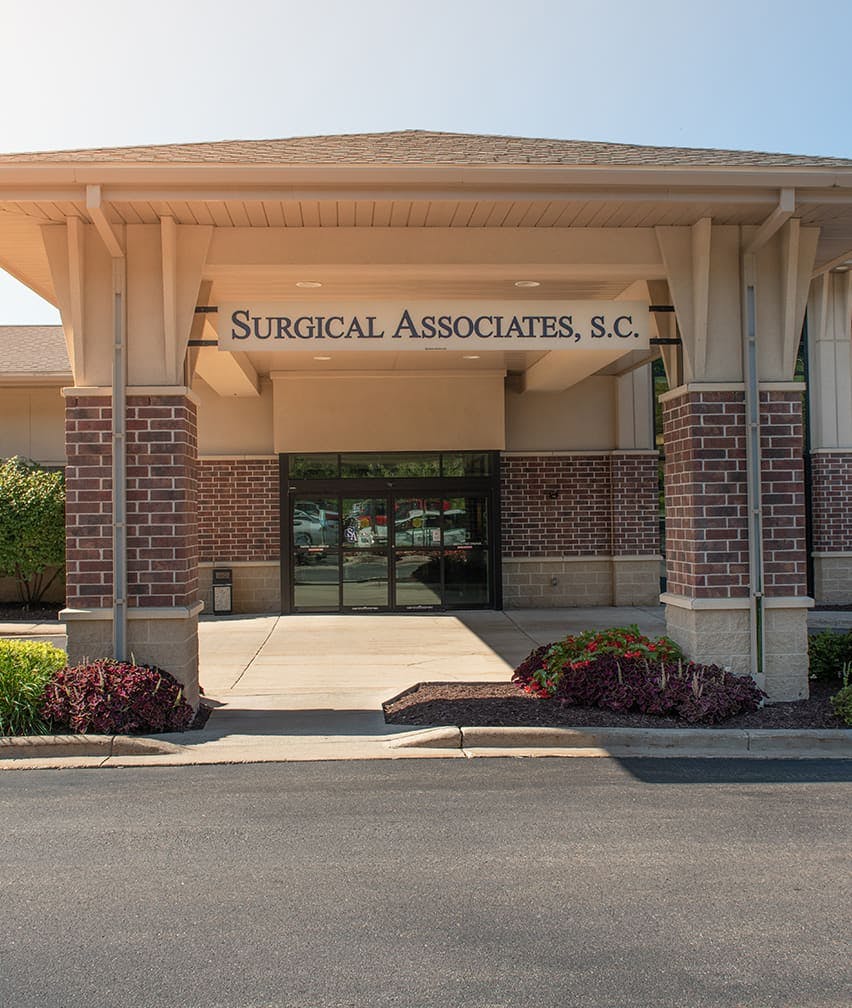Surgical Associates will help you on the path to optimal vascular health, including treating abdominal aortic aneurysms. We offer cutting-edge treatments performed by board-certified vascular surgeons and powered by the latest advancements in medical technology.
How is AAA diagnosed?
Prompt diagnosis plays a pivotal role in effective AAA management. Our suite of diagnostic methods includes comprehensive physical exams, abdominal ultrasounds, computerized tomography (CT) scans, and magnetic resonance angiography (MRA). These assessments offer invaluable insights into the condition, aiding in the formulation of personalized treatment strategies.










